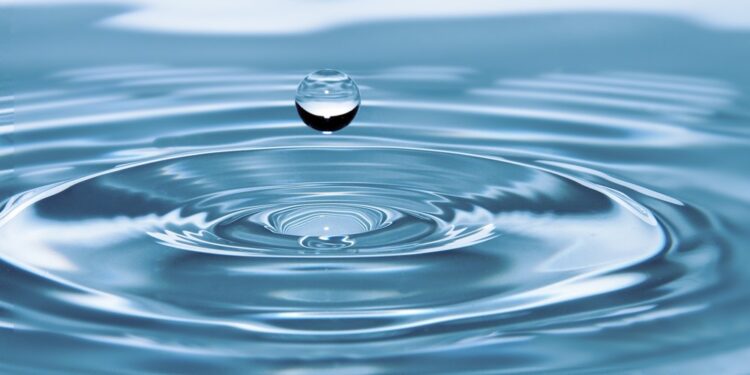
National Water Quality Month
There is nothing more important to the public than safe and readily available water. Clean and readily available water is necessary not only for the public’s health but also for sanitation and food production. The human body is made up of 75% water, so it’s easy to see why it’s so vitally important to have quality water available to everyone.
Fortunately, August is a month that reminds us to think seriously about clean, potable water. That’s because this month is known as National Water Quality Month. During this month, everyone is encouraged to work towards protecting water sources, learning more about water quality, and giving to non-profit organizations that help people source water for their communities around the world.
The History of National Water Quality Month
We’re not entirely sure when National Water Quality Month was created, but we do think that it’s been around for at least the last decade or so. What we do know is that this month was created by Culligan International. They created this month to educate consumers about the importance of potable water.
Informative Facts About Water Pollution
Since water pollution is a huge problem around the world and significantly affects water quality, we thought that we’d take a few moments to list some of the facts that we know about it. We’ve listed these informative facts below for everyone to ponder.
- Approximately 40% of the lakes in the U.S. are too polluted for swimming, fishing, or supporting diverse aquatic life.
- Every year, over 1.2 trillion gallons of untreated industrial water, stormwater, and sewage are dumped into U.S. waterways.
- One out of ten American beaches fails to meet the federal government’s benchmark for safe swimming water.
Observing National Water Quality Month
It is during this month that everyone is encouraged to take a look at their water usage and find ways they can conserve water in their household. It’s been estimated that the average American family uses approximately 300 gallons of water each day.
This includes not only drinking water but also water for bathing, cleaning, and for their toilets. So there’s plenty of room for the average household to reduce their water needs and help conserve water. It’s also important for people to support water conservation efforts not only in their local area but around the world.
This can be done either through volunteering for an organization that digs wells for poor communities or by donating money to such an organization. People can also spread the word about this month and water conservation efforts around the world using the hashtag #NationalWaterQualityMonth.








